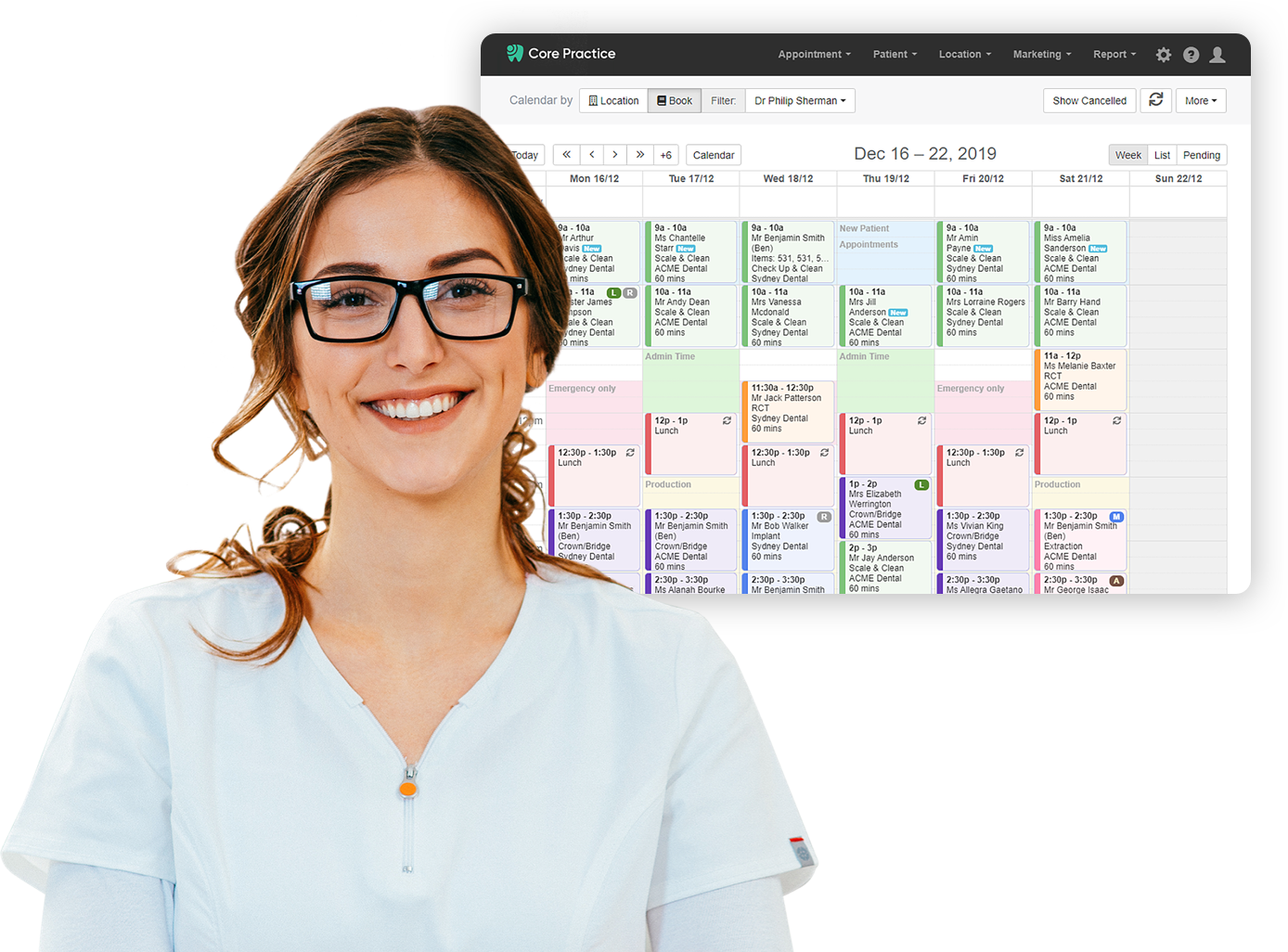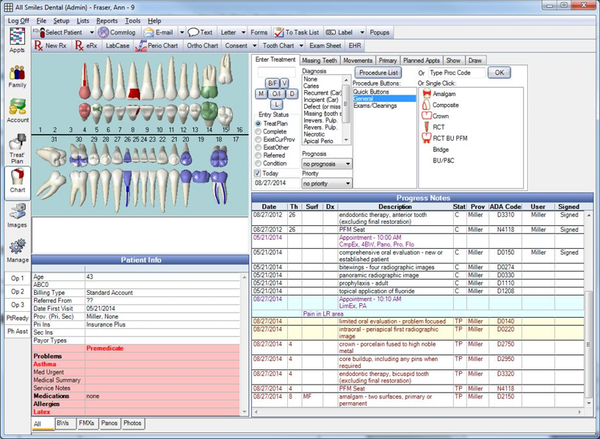All Categories
Featured
Table of Contents
Operating a modern dental clinic takes more than just clinical skill. High-performing dental offices rely on integrated software that connect admin, finance, and communication. Here’s a deep dive into the software, workflows, and marketing methods that keep clinics efficient — from PPM platforms to billing automation and patient communication.
Historically, dental practices used outdated desktop systems to book patients and track billing. This approach worked once, but growth-focused clinics need faster, smarter systems. Insurance processing have increased year after year. This is why practice management software is now non-negotiable.
Data
PPM tools are the backbone of any clinic. They integrate administration, imaging, billing, and analytics into a single unified dashboard. Rather than managing five different tools, staff can view appointments, treatment plans, and payments all in one place. The result is happier patients and more consistent cash flow.
What separates great PPM software from average ones is the ability to centralize and interpret data. For example, if insurance pre-authorizations sync with billing, the entire workflow becomes faster. Built-in dashboards help you manage staff utilization in real time. Access to this data gives managers control again.
Finding the best system for your team is a mix of features, budget, and usability. Dentrix by Henry Schein is widely used with robust modules for reporting, imaging, and billing. Eaglesoft software is strong in radiography integration. Open Dental is popular for transparency and lower cost. The cloud-based system Curve Dental is cloud-first and easy to scale. Each has strengths and quirks. Start with a demo before committing and test real-world workflows. Training quality will make or break the implementation.
Staff alignment don’t get enough attention when new tools are introduced. A powerful software suite is useless if workflows match user habits. Have one staff member own the setup who can train others and maintain consistency. Review reports together to spot resistance early. An hour each week pays off massively later.
Dental Practice Software Comparison: Dentrix Vs Eaglesoft Vs Open Dental
Patient scheduling systems has evolved dramatically. Smart booking engines now handle confirmations and cancellations with two-way SMS integration. Most platforms offer waitlist management and resource allocation. Smart timetables reduce downtime. Digital booking links are now standard, letting patients choose slots directly. This approach is a smoother first impression for patients.
A hidden benefit of advanced scheduling tools lies in their reporting dashboards. Reports can highlight bottlenecks and downtime. This data inform pricing and promotions. For example Wednesday afternoons have high cancellations, you can adjust marketing and scheduling policies accordingly.
Financial management inside dental practices determine long-term profitability. Handling claims by hand is slow and error-prone. Integrated clearinghouse connections shorten payment cycles. Some systems instantly verify insurance, meaning accurate quotes upfront. Digital billing portals improve collection rates. Running weekly revenue reports keeps the business side visible.
Never Miss A Patient Call Again: Integrate A Dental Answering Service
High-volume practices connect accounting and banking software. They unify revenue sources and expenses. With automation, reconciliation becomes instant. You’ll identify which services drive repeat visits. That level of visibility makes forecasting accurate.
The next step is turning efficiency into visibility. Organic word-of-mouth isn’t enough. Smart ad campaigns generate steady leads. Optimize your Google Business Profile, encourage real patient reviews, and create “service + suburb” landing pages. Well-written blog posts on common treatments or dental tips feed your marketing funnel.
Marketing automation now play a huge role. Connected systems that sync with PPM data keep your clinic top of mind. Campaigns can target missed appointments. That consistent engagement turns one-time visits into long-term loyalty.
5 Dental Scheduling Tips That Will Cut No-shows In Half
Paid ads and retargeting generate immediate patient inquiries. Target by suburb for keywords like “teeth whitening in City”. Re-engage those who visited but didn’t book. Promote seasonal specials to nudge action.
A major gap in many clinics is the professional call handling partner. Despite automated reminders, a ringing phone can cost you revenue. Dedicated reception centers answer calls when your team can’t. They integrate with most PPM systems. It’s crucial for emergencies and new patient calls after hours. Practices that add phone coverage grow new patient intake by double digits. Embedding contextual links about answering services and patient communication strengthens SEO and conversion flow.

When all parts work together, growth accelerates naturally. Integrated systems cut manual tasks, while data visibility enables smarter choices. Day to day, this means less chaos, more calm, and steady growth.
From Software To Seo: How To Scale A Profitable Dental Practice
A proven sequence looks like this:1. Choose your core software. Ensure integrations are configured.Set up messaging automation. Appointment confirmations, recalls, and feedback requests cut cancellations.Streamline payments. Adopt e-invoicing and dashboards.Invest in local SEO and retargeting. Link service articles internally.Iterate quarterly. Trends in reviews or ad cost keep you improving.Keep evolving your systems. Competition won’t slow down, so build a culture that embraces adaptation.
A scalable dental business thrives on integration, not improvisation. Once your digital stack and human team are in sync, you build a calm, profitable operation.
Manage Appointments, Billing, And Patient Flow Like A Pro

Learn more about improving call handling and workflow automation here.
Table of Contents
Latest Posts
Technology That’s Transforming The Dental Industry (And How To Use It)
The Secret To Better Patient Retention: Dental Answering Service Integration
The Hidden Costs Of Poor Scheduling In Dental Clinics (And How To Fix Them)
More
Latest Posts
Technology That’s Transforming The Dental Industry (And How To Use It)
The Secret To Better Patient Retention: Dental Answering Service Integration
The Hidden Costs Of Poor Scheduling In Dental Clinics (And How To Fix Them)